As defined in 22 CFR 62.4(f), regardless of program length, research scholar activities may include research, lecturing, observing, consulting at research institutions, corporate research facilities, etc.Research scholars are expected to be able to share their expertise and perspectives through the provision of lecturing/teaching/training or consulting. While there will be some on-boarding of scholars and training … Read more
FAQ Category: Higher Education Institutions
No. The primary purpose of research scholar is to conduct research, and the primary purpose of professors is to teach. However, at the discretion and approval of the Responsible Officer, professors may engage in some research and research scholars may engage in some teaching and lecturing. Please note that this minor change of activity is … Read more
Yes. Research scholars may be placed off campus at multiple sites of activity (STEM organizations) if their program objectives remain the same. Sponsors will need to first ensure that each host organization meets the relevant regulatory requirements and goals of the Exchange Visitor Program and that the necessary infrastructure is in place to host and … Read more
If there was no exceptional reason that the exchange visitor missed time during the five-year program (e.g., COVID-19, medical leave of absence), then no extensions are permitted beyond the five-year maximum time allowed under the Research Scholar regulations.
The initiative will not affect the home-residency requirement for exchange visitors. Some exchange visitors are subject to the two-year home-country physical presence requirement following their exchange program. Please visit https://travel.state.gov for additional information.
Yes. Current BridgeUSA regulations allow a diverse spectrum of private sector organizations and businesses to host exchange visitors, including those in academic categories, e.g., Research Scholar. BridgeUSA sponsors remain responsible for the identification and placement of exchange visitors at reputable host organizations that offer exchange visitors quality training and/or research opportunities, and for ensuring the … Read more
As explained in the DOS guidance for Responsible Officers of designated programs, the program sponsor must ensure that STEM Initiative exchange visitors have a positive experience, paying close attention to their health and welfare while on program and providing appropriate orientations, oversight, and cross-cultural experiences. Regular check-ins (often but not exclusively by email) and a … Read more
Yes, community colleges are eligible to apply for Department designation to become an Exchange Visitor Program sponsor. Details on applying for designation are available here: https://j1visa.state.gov/sponsors/become-a-sponsor/. Regardless of the sponsor type, the J-1 categories eligible for the STEM Research Initiative include College and University Student (Student Intern and Academic Training), Intern, Trainee, Specialist, Short term … Read more
Responsible Officers have the discretion to request “Permission to Issue” Forms DS-2019 from the Department on behalf of non-designated academic or research institutions if sponsors determine such placements support the purpose of BridgeUSA, and the applicants and proposed institutions meet all eligibility and program requirements set forth in 22 CFR Part 62 BridgeUSA Regulations. The … Read more
Yes. A J-1 Research Scholar can continue their research off campus with a STEM business if the primary objective of the exchange will remain the same e.g., to research a particular subject. Department-designated sponsors must have robust procedures in place to confirm the bona fides of any host organization, lab, or office that will serve … Read more
